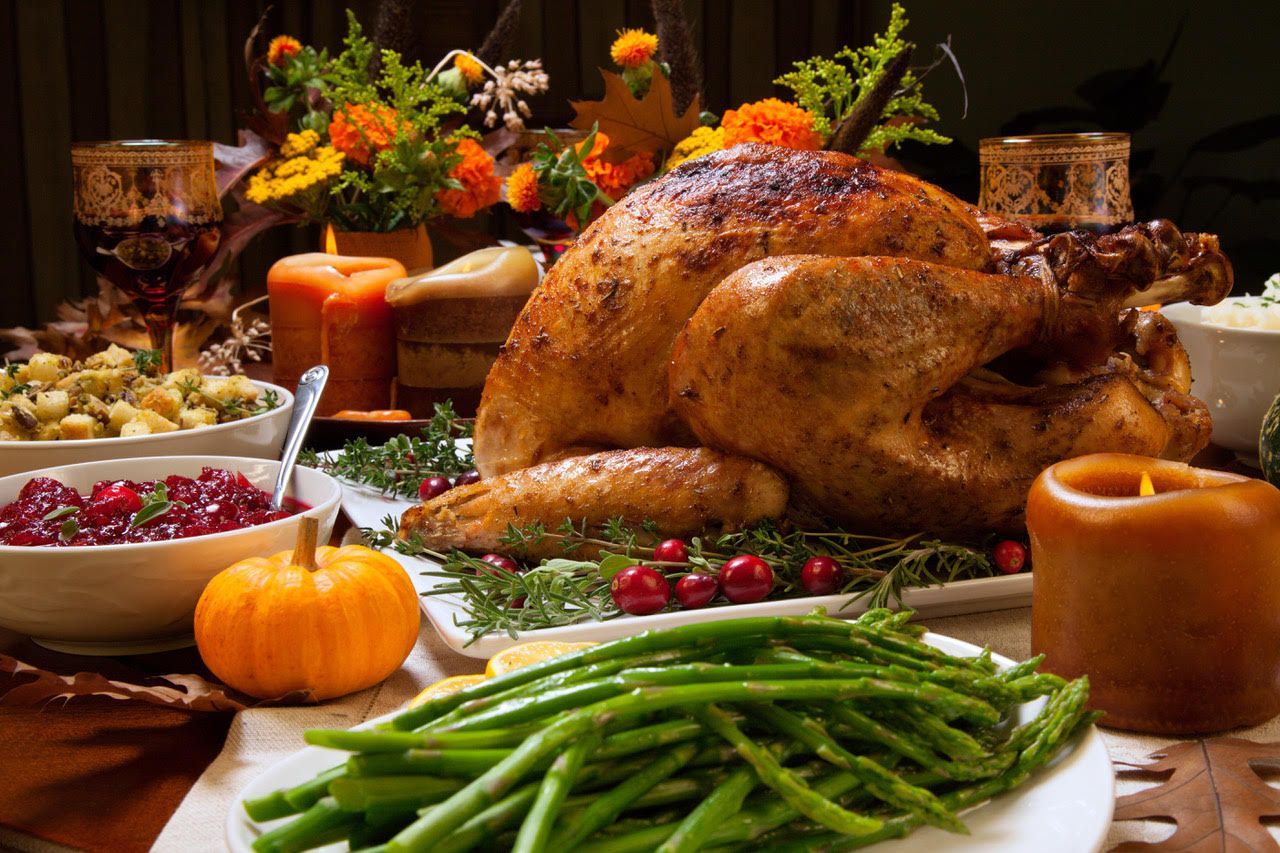Coping With Holiday Blues

When the Most Wonderful
Time of the Year Isn’t
The holidays are supposed to be the most wonderful time of the year, with "everyone telling you be of good cheer." But for many people, this season is difficult and emotionally exhausting.
For years, medical professionals have documented increased rates of depression during the holidays. According to the National Alliance on Mental Illness (NAMI), 64% of patients diagnosed with mental illness reported that their conditions worsened at this time of year.
Blue Christmas
Several factors contribute to the holiday blues. Festivities and social interactions can result in stress caused by the pressure of multiple responsibilities. Sometimes, complicated memories of Christmases past can cause anxiety about family gatherings.
Other common causes of holiday-time depression include:
- Physical and mental fatigue
- Financial stress
- High expectations caused by the exaggerated portrayal of the holidays on TV and social media
- Travel stress due to crowded airports, traffic jams, and the effects of jet lag.

Feeling SAD
Clinical depression with a seasonal pattern is known as seasonal affective disorder (SAD). SAD often appears in the late fall and can last until early spring.
The disorder is more common in northern climates, correlating with changes in photoperiod during the wintertime. With SAD, a person's limited exposure to natural light impacts body rhythms and neurochemical balance.
SAD affects about 6% of the U.S. population. Even people who do not usually struggle with depression can experience SAD temporarily during winter.
Treatments for SAD may include light therapy, psychotherapy, Vitamin D supplements, and medication.
- First holiday after the passing of a loved one
- Loneliness
Another contributing factor is the shorter photoperiod in the Northern Hemisphere at holiday time. (See sidebar, “Feeling SAD.”)
No Downtime for Healthcare Professionals
Healthcare is one of the few industries without downtime or a more relaxed pace during the holidays. (Of course, retail is another one.) While everyone else is occupied with caroling, opening gifts, and spending time with loved ones, medical staff are busy caring for patients. In fact, these months are often particularly hectic for them.
Most care providers naturally become even more empathetic to their patients' suffering during the holiday season, resulting in emotional and physical exhaustion. Consequently, caregivers themselves often struggle with the holiday blues.
Coping Strategies
Here are some ideas to help care providers and other holiday workers manage stress during this hectic season.
Plan Ahead Whenever Possible
One of the most challenging aspects of holiday work is missing out on time with friends and family. Whenever possible, plan ahead for holiday gatherings or even arrange alternative days for celebrations.
Are you scheduled to work Christmas Day? With a little planning and coordination, you can organize an alternative time to celebrate. A genuine holiday is whenever you and your favorite people can be together.
Keep It Real
You may feel pressured to be extra cheerful at this time of year, but maintaining a realistic approach to the holidays can help manage expectations.
For instance, remember that the holiday season lasts only weeks within your entire year. When you're feeling overwhelmed by it all, take a few deep breaths and know that "this too will pass."
Does seeing other people's holiday photos cause you to engage in unhealthy self-comparison? Take a break from social media. Seek out winter activities (solo or with others) that aren't associated with the holidays, such as ice skating or skiing.
Finally, it's okay to say "no" if you feel yourself being stretched too thin.
Decorate Your Workspace
Just because you'll be spending the holidays working doesn't mean you can't spruce up your environment with some holiday cheer, even if you're employed in a medical environment. So long as it doesn't interfere with patient care, holiday decorations can help brighten the moods of both staff and patients.
--Article Continues Below--

Limit Overtime
Enticed by the lure of holiday pay and extra shifts, overly ambitious caregivers can become exhausted and then end up scrambling to find a last-minute replacement. The result is more stress for themselves and their colleagues who must fill the shifts.
You may have the best of intentions when picking up overtime or holiday shifts, but remember the gift of your presence (as opposed to your presents) is what your family and friends cherish most.
Enjoy Holiday Perks
Take advantage of any holiday perks your organization provides, such as free meals on Christmas or New Year's. If your employer doesn't offer these perks, you can create your own festivities, such as a staff potluck dinner or a Secret Santa gift exchange.
Take Care of You
Caregivers in particular must take extra measures to remain healthy during the hectic holidays. The additional stress, combined with less sleep and the peak of cold and flu season, makes taking care of you essential. Listen to your body. In addition to staying active, hydrated, and well-rested, take a few moments to center yourself through meditation, prayer, or just a few deep breaths.
Some industries -- such as healthcare -- must operate 24/7, 365 days a year. Working on holidays is often expected. But you needn't miss out on your favorite holiday traditions if you plan ahead. And by keeping realistic expectations, limiting your overtime, and practicing self-care, you can still be a source of holiday cheer for your patients, colleagues, and loved ones.
Sources:
Featured Image: Adobe, License Granted
National Alliance on Mental Illness
GH Resources
Health Partners
Relias
Recent Posts











Share On: